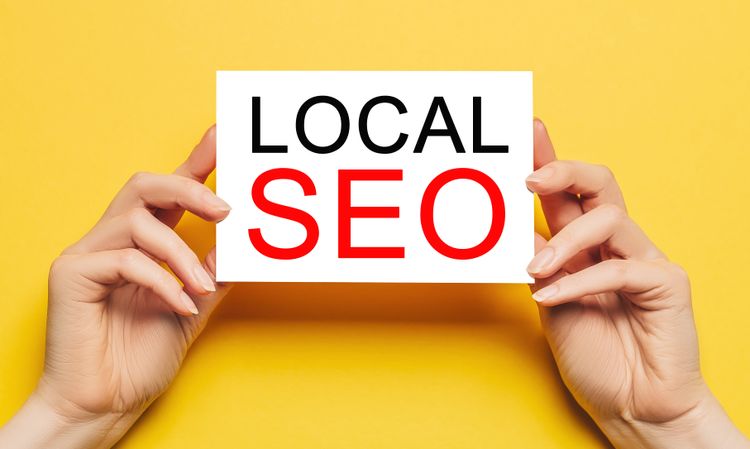If you are new to local search and wondering where to start, navigating the world of local SEO can initially seem like a complex maze. However, with the right strategies in hand, it becomes an invaluable tool for boosting your business's visibility and connecting with your local community online.
Local SEO makes your business easily discoverable by those who are looking for what you offer in your locality. Today, consumers rely heavily on online searches to find local businesses, making it more crucial than ever to ensure your business stands out where it matters most. And with the local digital landscape being more competitive than ever, you can't afford to neglect your local SEO efforts.
Here are 5 local SEO strategies that will help your business rank higher for local search.
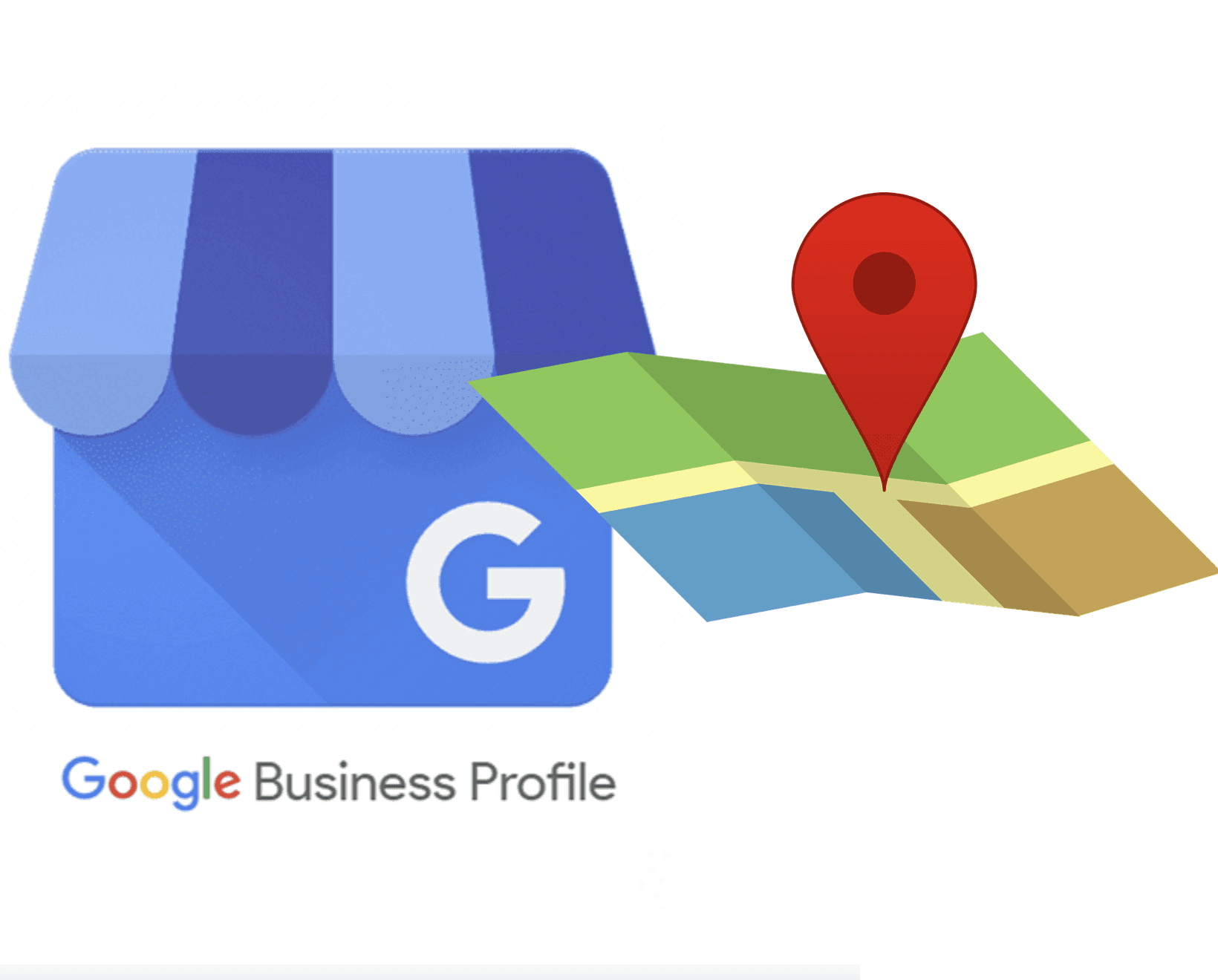
1. Google Business Profile Optimisation
Google Business Profile (GBP) is a free tool that allows you to manage how your business appears on Google Search and Maps. By claiming and optimising your GBP listing, you can provide potential customers with essential information about your business, including your address, hours of operation, and photos of your products or services. GBP is a game-changer for local businesses that meet with customers face-to-face. Here’s how to claim and optimise your GBP profile:
-
Start by claiming your GBP listing at google.com/business. The process involves a straightforward verification to confirm the authenticity of your business, ensuring that Google and potential customers know you're the real company. This initial step should ideally be done by the business owner. If you have a digital marketing agency for SEO, you can grant them manager permission for your GBP later, to maintain control over the listing.
-
The next step is to optimise the GBP, and you can do that by selecting accurate categories that match your business, compelling descriptions, eye-catching photos and videos, having regular updates, engaging posts, responding to customer queries, showcasing your products or services, and actively managing reviews. Every detail counts.
Continuous improvement of your listing ensures your information stays current and relevant. Remember, a well-maintained Google Business Profile doesn't just make it easier for customers to find you; it builds trust and credibility, paving the way for increased engagement and sales.
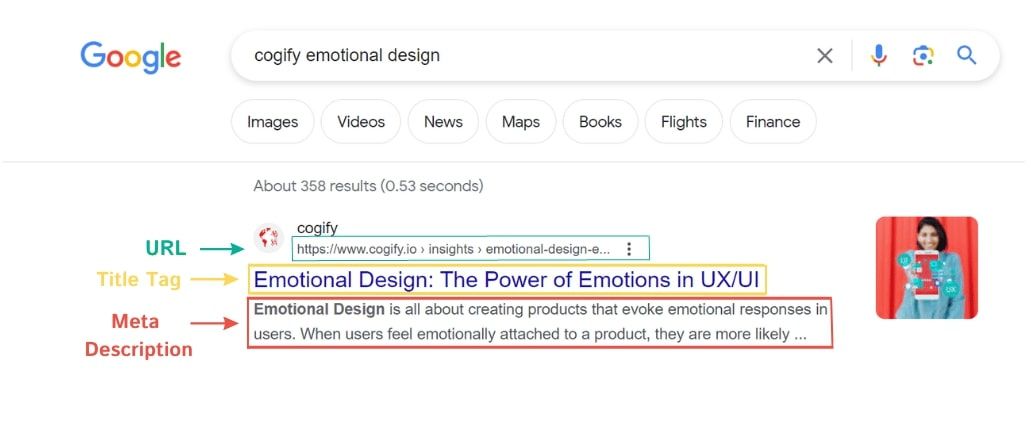
2. Title and Description Tags Optimisation
In the world of SEO, title and description tags are your digital billboards. These critical HTML elements, appearing as part of your site's listing in search results, act as your first opportunity to attract and engage potential customers. Think of them as your website's "mini-ad" - a carefully crafted message designed to stand out and encourage clicks in the sea of search results.
Here are some useful tips for title and description tags optimisation:
-
Use Google Keyword Planner to find local keywords relevant to your business. Include location-specific phrases that mention your city, neighbourhood, or landmarks.
-
The optimal lengths of title and description tags should be 50-60 for the title and 160-200 characters for the description. As every character counts, it should be optimised to highlight the unique value of your webpage clearly and compellingly.
-
Avoid generalities, instead focus on placing targeted keywords to make your business stand out and that speak to your audience, leading them to click on your website instead of on other websites on the search results.
-
Don’t waste this space. Google may change your tags if they're missing or seem incorrect, often with less engaging alternatives, so striking the right balance between creativity and keyword optimization without exceeding character limits is crucial.
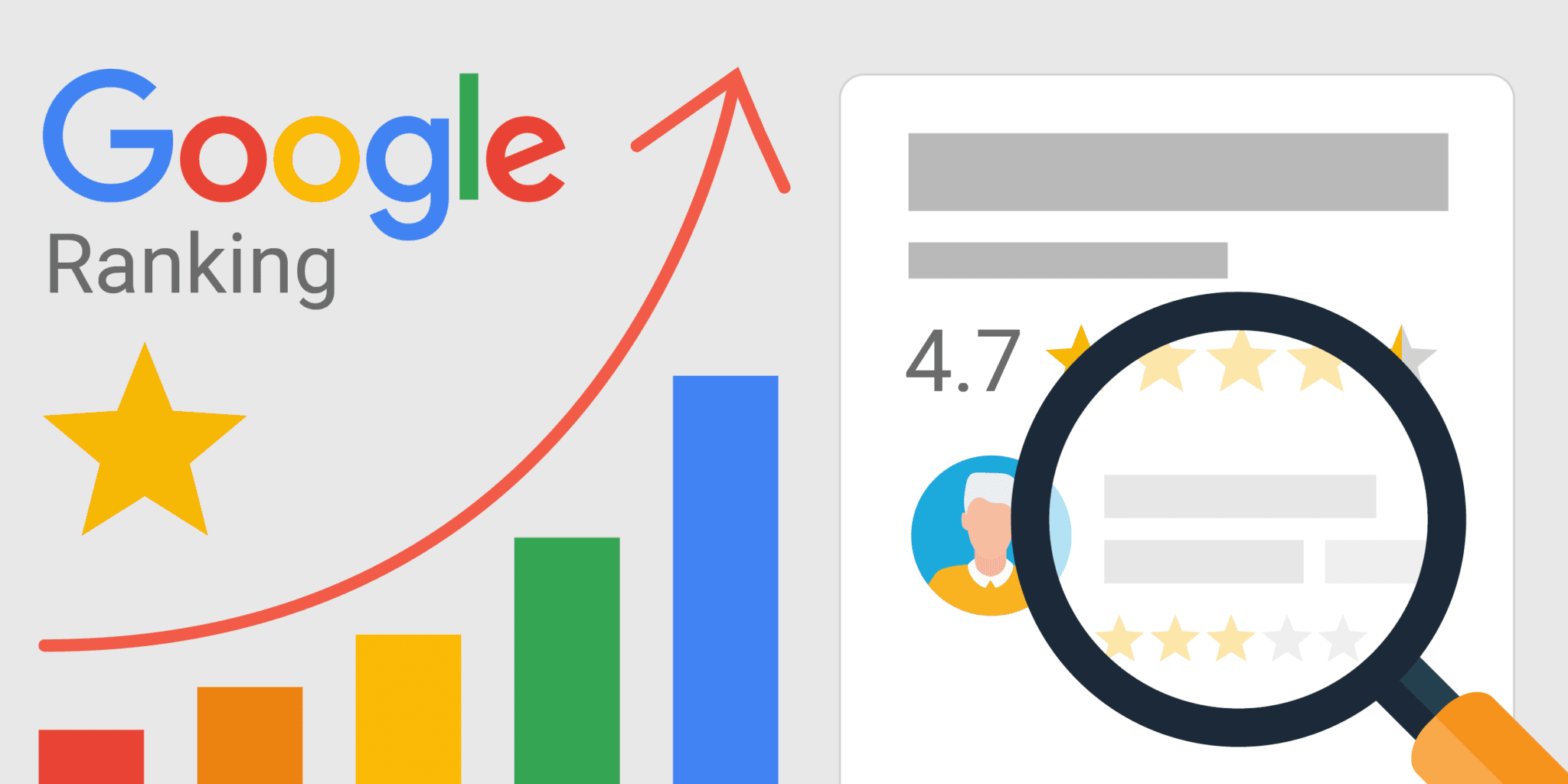
3. Online Reviews and Rating Optimisation
Online reviews and ratings are your business's best friend. Based on the latest statistics, up to 93% of consumers read online reviews before making a purchase decision. They also signal to search engines that your business is trustworthy and of high quality, which can boost your rankings in local search results.
Google remains a dominant platform for hosting online reviews, with a remarkable 73% of all reviews being found on Google. Google itself acknowledges that high-quality, positive reviews significantly boost your business's visibility and can sway potential customers to visit you over the competition. Aiming for at least 10 5-star reviews on your Google Business Profile is a good start, but the sky's the limit when it comes to accumulating positive feedback. Another gold mine for gathering reviews is social media. Positive feedback on your social media pages can be incredibly persuasive in attracting new customers.
It’s important to encourage your satisfied customers to share their experiences by leaving a review on your GBP or social media, and to actively engage with every review to show prospective customers the level of service and quality they can expect from your business.
Monitoring your reviews is equally important. Addressing negative feedback with promptness and professionalism shows your commitment to customer satisfaction and can often turn a dissatisfied customer into a loyal one.
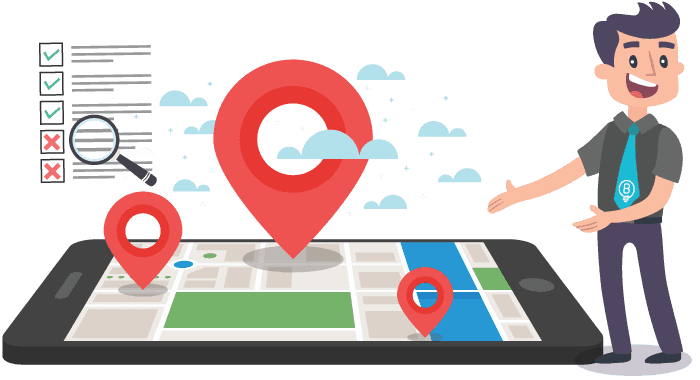
4. Local Citations and Listings Building
Ensure your business is listed in local directories and citation sites. Consistency is key, so make sure your business name, address, and phone number (NAP) are the same across all platforms. Here’s how to leverage these platforms effectively:
-
Focus on High-Quality Directories: Prioritise directories most relevant to your business sector for maximum impact. High-quality, industry-specific directories can significantly improve your reach to potential customers actively seeking your services or products. Platforms like Google Business Profile, Instagram, LinkedIn, TikTok, TripAdvisor and Trustpilot are powerhouses when it comes to online visibility.
-
Explore Local Citation Sites: Getting listed on directories provided by your local newspaper’s website or Chamber of Commerce. Use keywords such as “[your city] directory” to uncover more local citation opportunities.
-
Collaborate with Data Aggregators: Data aggregators like Foursquare, Data Axle, and Neustar Localeze play a crucial role in distributing your business information across the web. Ensure your NAP is listed with these aggregators to extend your reach further across numerous online directories.
Listings aren’t set-and-forget; they require regular monitoring. Keep an eye out for inaccuracies or changes in your business details and correct them promptly. This diligence ensures that potential customers always have the right information to reach you.

5. Using Social Media for Local Engagement
If your business is not on social media, you're missing out on a golden opportunity to connect with your community and enhance your online visibility. Social media platforms are not just for global outreach; they serve as invaluable tools for engaging with local audiences and boosting your search presence at the community level.
Here's how to make social media work for your local SEO strategy:
-
Maximise Local Engagement: Share updates about local news, events, and promotions. This not only keeps your content relevant but also fosters a sense of community among your followers.
-
Utilise Location Tags: Make your business more discoverable in local searches by using location tags in your posts. This simple step can significantly increase your visibility to local customers.
-
Encourage Check-ins and Tags: Motivate your customers to check in or tag your business location in their posts. User-generated content like this amplifies your reach and strengthens your local footprint.
-
Integrate Social Media with Google Business Profile: With the ability to link your social media profiles directly to your Google Business Profile, ensure you add links to Facebook, Instagram, TikTok, Pinterest, LinkedIn, and YouTube. This integration offers a seamless way for potential customers to engage with your brand across multiple platforms.
-
Locally Relevant Content: Develop content that resonates with local interests and issues. Whether it's blog posts, articles, or videos, tailor your content to reflect the local culture, needs, or events. You can also participate in or host local events and feature them prominently on your website and social media channels.
Local SEO Matters
If you're running a small business, working in digital marketing, or starting up locally, putting time and effort into local SEO can really pay off. It can bring more people to both your website and your actual shop. Start with these 5 strategies, and watch your local business grow stronger and more visible than ever before.
Interested in taking your SEO to the next level? Contact Cogify today for specialised SEO services that can transform your online presence and drive more traffic to your business!






